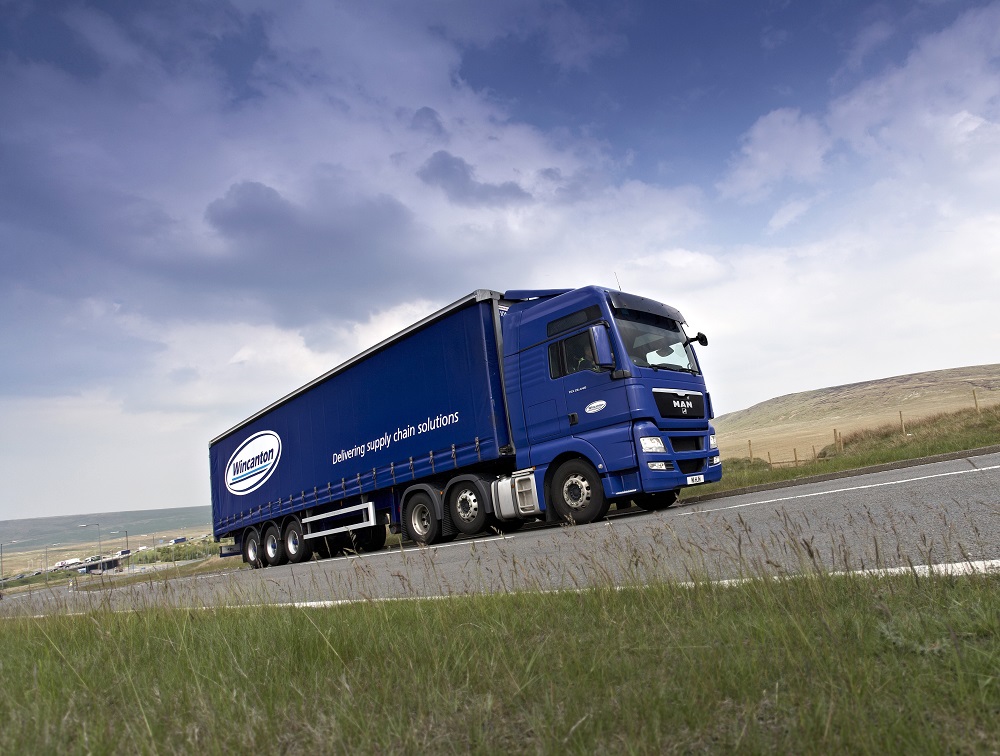Businesses Urged to Act on Brexit Risks by Major Logistics Provider
24th July 2018

Wincanton, which describes itself as the largest British logistics company, says it is working with PwC’s supply chain advisory practice, to help the UK’s core retail, consumer and infrastructure suppliers take advantage of the opportunities, as well as risks associated with Brexit.
The combined Wincanton & PwC approach will help customers take on Brexit planning in line with an established 4-Stage process, from gathering insight through to designing strategic and operational plans. Wincanton is the first third party logistics provider (3PL) to offer strategic planning support to its customers. The approach takes into account all possible outcomes of Brexit negotiations, including a “no deal” scenario.
Adrian Colman, CEO at Wincanton, said: “In order to help our customers through this transition period, we will be aligning our experience of planning some of the UK’s most complex supply chains, with PwC’s intimate understanding of Brexit across a broad range of business challenges, to help customers build workable, dynamic Brexit plans. What this means for our customers is that we can offer help on a strategic and operational level, and we can offer it now.
“Another benefit for our customers is that Wincanton holds Authorised Economic Operator (AEO) status, which gives quicker access to certain simplified customs procedures and in some cases the right to ‘fast-track’ your shipments through customs. Wincanton is ready to keep the UK supply chain moving.”
Johnathon Marshall, Partner at PwC, said: “Brexit is not something that British industry can take a ‘wait & see’ view on. From a supply chain perspective, businesses need to understand in detail how they buy and sell products and services from around the world. Brexit means that, more than ever, they must understand how these are distributed, the product flows and the tariffs they are currently exposed to, and how these may change depending on the outcome of Brexit.
“By working alongside Wincanton, we aim to help their customers model the impact of new supply models on service, cost and operational capabilities so they can best adjust to the new operating environment. This means that they will be prepared to adapt their business practices, adjust their core operating models and optimise relationships with their suppliers. We can also help companies look across the broad business impacts of Brexit – from people considerations through to what to assess in terms of contingency storage and transport – so that they are fully considering Brexit risks and opportunities and putting in place the plans to implement them.”

